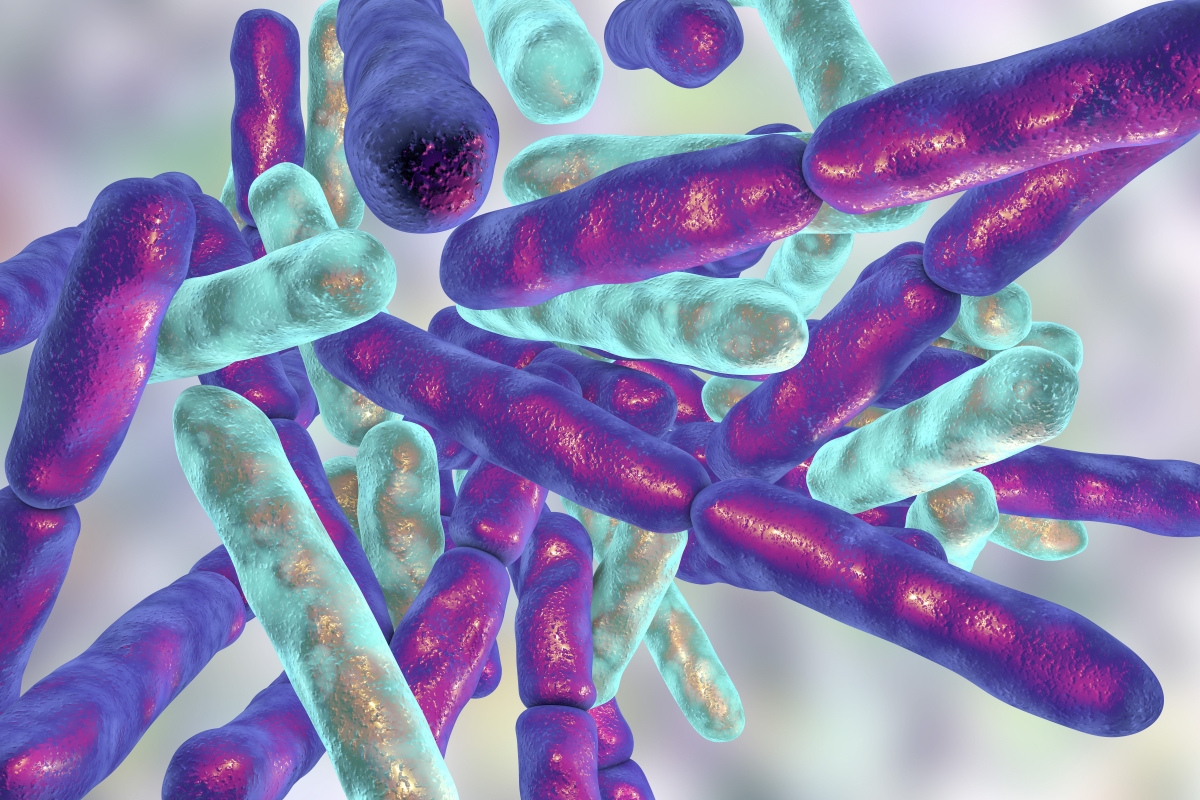A meta-analysis of the use of probiotics to alleviate depressive symptoms
Ng et al. (2018) conducted this meta-analysis on 10 clinical trials (with a total of 1349 patients) that analyzed the effect of probiotic supplementation on depressive symptoms, compared with placebo controls, which were published in English between 1-Jan-1960 and 1-June-2017 and found on one of these databases: PubMed, Ovid, Clinical Trials Register of the Cochrane Collaboration Depression, Anxiety and Neurosis Group (CCDANTR), or Cochrane Field for Complementary Medicine. Although no significant difference in mood was identified between the treatment and placebo group post-intervention [standardized mean difference (SMD) = -0.128], another subgroup analysis of studies involving both healthy and depressed participants revealed that in those with mild to moderate depressive symptoms, mood was significantly enhanced (SMD -0.684, P=0.029) while the impact in healthy individuals was not significant (SMD -0.0999, P=0.146). Conducting this review, Ng et al. (2018) found it challenging to compare current clinical trials due to the inter-study discrepancies (probiotic dosing, bacterial strains and strain combinations) and the mostly healthy samples used in the randomized clinical trials made it difficult to extrapolate the results to depressed people. But overall, additional studies are desired, in particular on populations with clinically diagnosed depression. [NPID: probiotics, gut-brain axis, gut microbiota, gut bacteria, microbiota, gut microbiome, prebiotics, probiotics, depression, anxiety, neurosis]
Year: 2018
 Navigation
Navigation






